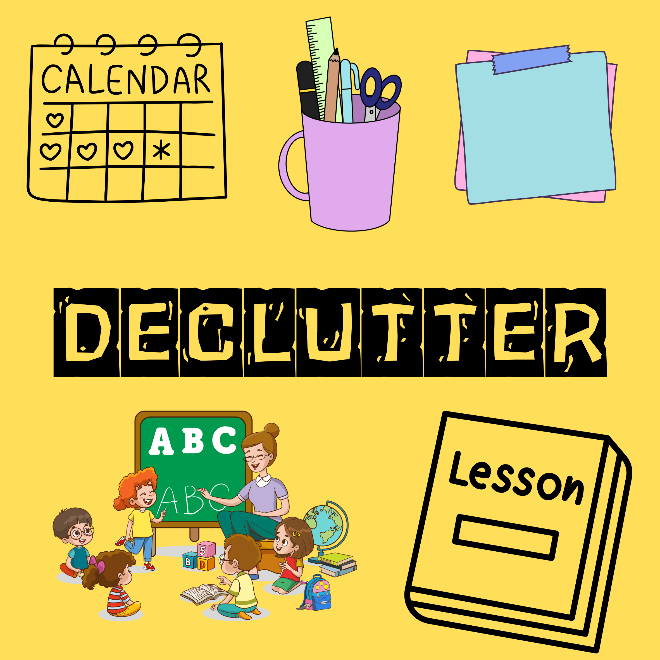February 2nd, 2026
Last week, Pennsylvania Governor Tom Wolf signed a partial state budget after a grueling, six-month budget impasse that closed schools, caused educators to work without pay to keep their centers afloat, and affected the lives of hundreds of children and their families.
Back in November, we explained Why the Budget Matters and why Governor Wolf considers education, especially early childhood education, a top priority. It is clear that the governor is still firm in that belief. He exercised his right to line-item veto the Republican budget, which he stated cut education funding by $95 million, and signed a $23.4 billion emergency funding budget to help schools. Some of that much-needed funding is already being distributed to human service agencies and school districts, which will receive a base sum at the level of their funding from the first half of last year.
Thanks to a $30 million increase to $136.5 million for state-funded preschool programs, some programs that had been suspended due to the budget impasse are once again able to open their doors. Other programs on the verge of closing can now remain open, and some programs will now be able to serve additional children. While the stopgap budget relieves the immediate financial pressures faced by many educational and human service organizations, there is still much work to be done in the coming weeks in order to finalize the full-year budget and avoid yet another round of closures.

News: Berks County plans to reopen Pre-K Counts classrooms.
Image courtesy of Chad Blimline/69 News (Click image to watch the video)
GRAPESEED IS ALIGNED WITH THE STATE PRE-KINDERGARTEN STANDARDS AND HELPING
GrapeSEED is already helping Keystone to Opportunity (KtO) grant recipient Southern Huntingdon County School District (SHCSD) achieve their Literacy for Life goals. Based on the success with GrapeSEED in the spring of 2015, SHCSD deployed GrapeSEED districtwide in all kindergarten and first grade classrooms, in a local preschool, and in several county Head Start classrooms this past fall.
GrapeSEED is officially aligned with the Pennsylvania Pre-Kindergarten Learning Standards for Early Childhood (Language and Literacy Development). The alignment allows Pre-K Counts , Head Start Supplemental Assistance , Keystone Stars as well as Early Intervention program funds to be used to purchase GrapeSEED to improve the quality of Early Childhood Education in Pennsylvania.
To learn more about GrapeSEED and how this program can help your students improve in oral language, literacy, and reading fluency, contact us !





